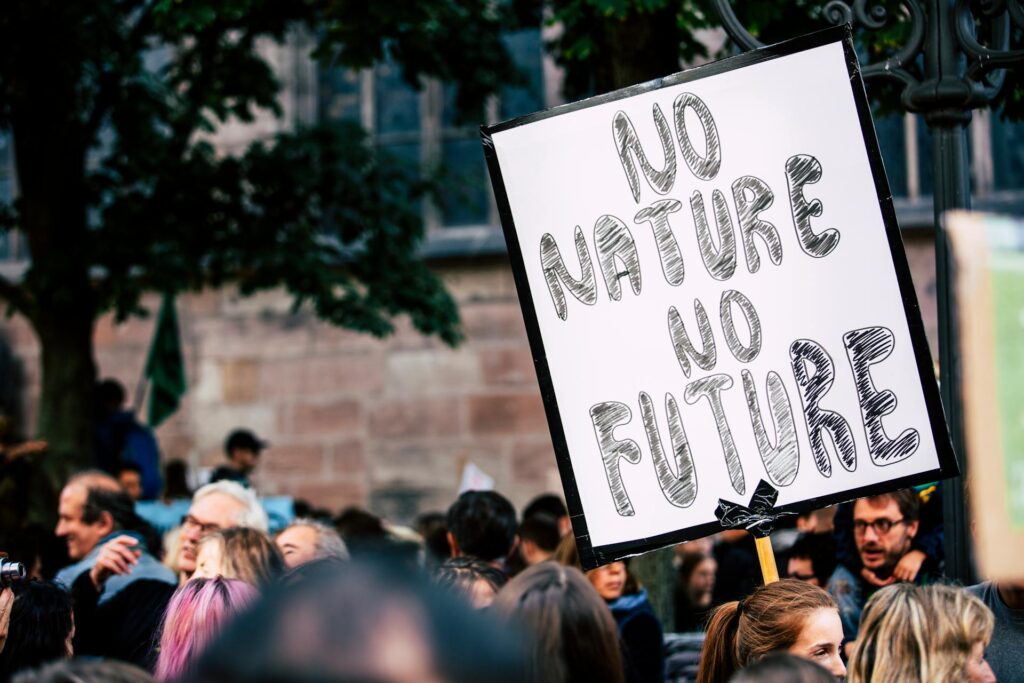The ICJ climate change opinion made global headlines today as the International Court of Justice in The Hague handed down a historic ruling on countries’ responsibilities under international law. At 15:00 local time (13:00 GMT), a panel of 15 judges delivered their much-anticipated response to two major questions: what nations are required to do to limit emissions, and what legal consequences they face if they cause climate harm by acting—or failing to act. While the ruling isn’t legally binding, experts agree this world court climate ruling carries serious legal and political influence.
The decision followed years of campaigning by Vanuatu and youth from island nations. They pushed hard to bring the issue of climate justice into the spotlight at the UN’s top court. The opinion builds on recent legal rulings. In 2024, a European court ruled that Switzerland violated human rights by failing to address climate change. In July 2025, the Inter-American Court confirmed climate responsibility as a human rights obligation.
Why the ICJ climate change ruling matters now
Experts called the ICJ climate change ruling a turning point. The court said countries must act to prevent and repair climate harm. It emphasized the protection of vulnerable populations. It also connected climate change and human rights in clear legal terms. The court mentioned loss and damage responsibilities too. These could influence COP 30 and global climate funding discussions.

Supporters gathered outside the Peace Palace in The Hague as the decision was announced, showing strong public interest in the ruling. Many believe the World Court climate ruling could shape how courts and lawmakers respond. It may increase pressure on polluting nations to act and pay into global climate funds.
The court showed that climate justice is not just moral—it is legal. That could lead to lawsuits and new national laws. Still, some major emitters may try to downplay the decision’s weight since it is not enforceable.
Governments and rights groups are now reading the full text. The decision is expected online soon. They’ll look for clear duties and legal tools. They’ll also examine how it links climate change and human rights. The real test is whether the ICJ climate change ruling brings faster laws, funding, and legal action.
This world court climate ruling gave climate justice a firm place in law. This could reshape how countries approach climate responsibility in courts and policies worldwide.








